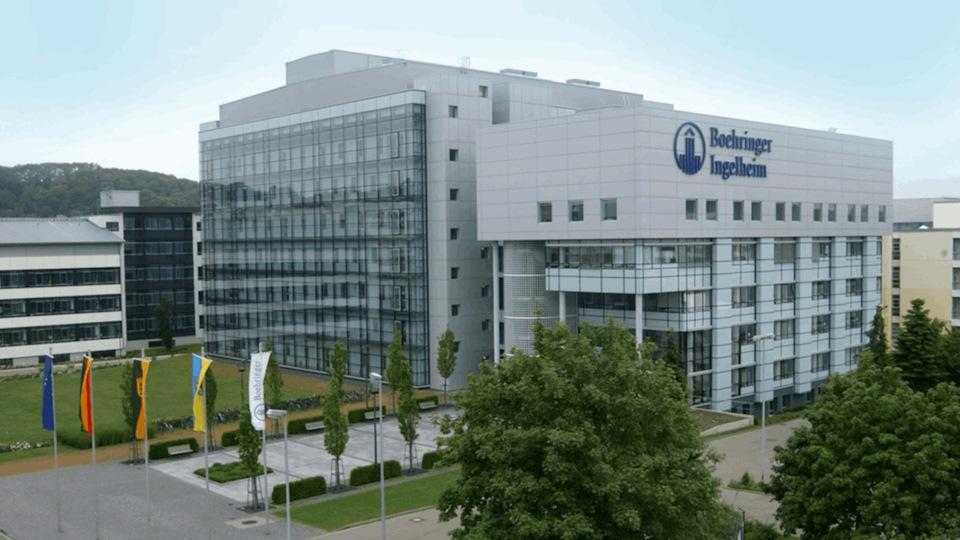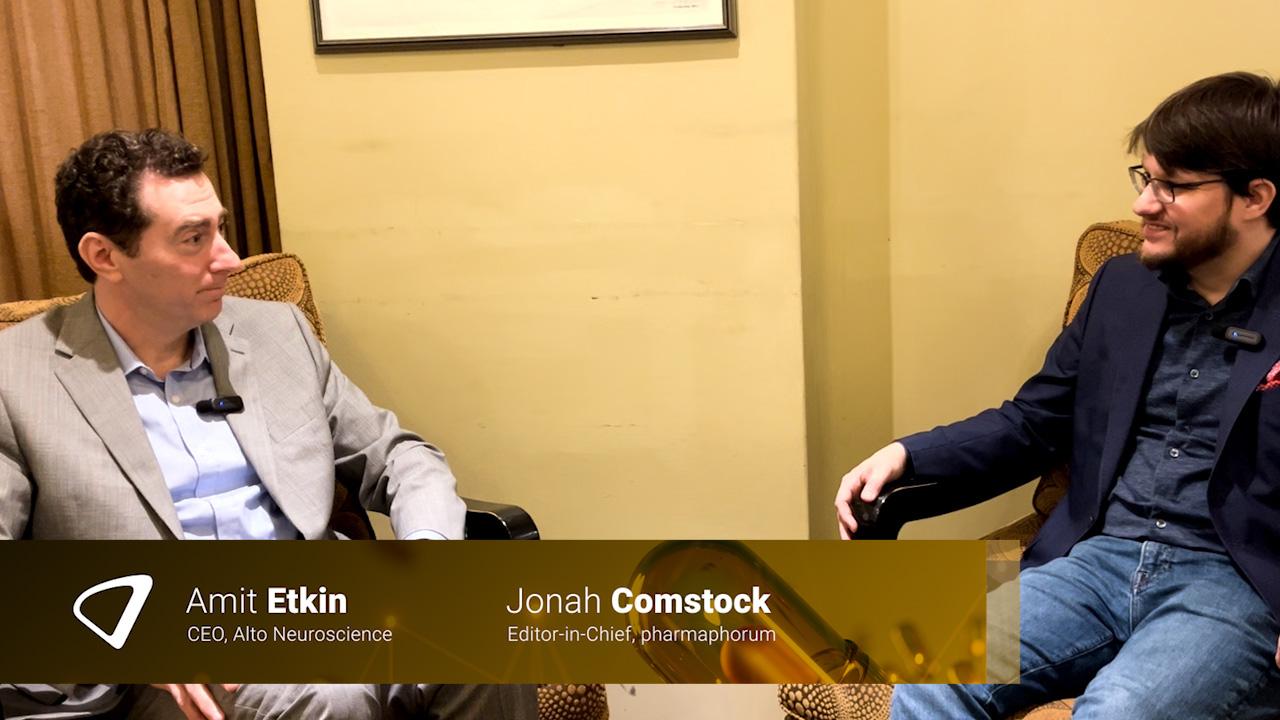Boehringer licenses Sosei schizophrenia drugs in €755m deal

Boehringer Ingelheim has taken an option on a family of compounds with potential as therapies for schizophrenia from Sosei Heptares, which it says could have broad activity against the symptoms of the disorder.
The German pharma company is paying a signing fee of €25 million for the portfolio of GPR52 agonists, which it says could generate a first-in-class therapy for schizophrenia. It has also agreed an option fee of €60 million and development, regulatory, and commercial milestone payments that could reach €670 million plus royalties.
Sosei Heptares is a specialist in drugs that target G-protein coupled receptors (GPCRs), a fertile source of drug targets for the pharma industry, which are the target of around a third of all marketed drugs, and Boehringer adds to a growing list of partners that also includes AbbVie, AstraZeneca, Biohaven, Roche, Novartis, Pfizer, and Takeda.
Boehringer said the GPR52 agonists have the potential to tackle the gamut of symptoms in schizophrenia, not only positive symptoms like delusions and hallucinations, which respond to current drugs, but also negative symptoms like apathy and social withdrawal, as well as cognitive dysfunction, which are much harder to treat and have no approved medicines.
GPR52 is a receptor expressed in the striatum area of the brain, where positive symptoms are thought to arise, as well as the prefrontal cortex linked to negative and cognitive symptoms. Agonists have the potential to “calm the striatum while boosting frontal cortical function,” said the two partners. The lead compound in the programme, codenamed HTL0048149, is in a phase 1a/1b trial in healthy volunteers currently running in the UK.
For Boehringer, the deal adds to a broad pipeline in schizophrenia that spans both pharmacological and digital therapeutic (DTx) products.
Leading the charge for new drug therapies is iclepertin (also known as BI 425809), a GlyT1 inhibitor that targets the brain biology linked with the cognitive symptoms associated with schizophrenia. The drug has a breakthrough designation from the FDA and is in the CONNEX phase 3 trial programme, spanning three studies, with readouts due to start later this year or in early 2025.
Also in late-stage testing is Click Therapeutics-partnered DTx CT-155, which also has breakthrough status from the FDA for the negative symptoms of schizophrenia. Results of the CONVOKE trial of the smartphone-based app are due in mid-2024.
Sosei Heptares, meanwhile, is partnering with Neurocrine Biosciences on another GPCR-targeting drug, muscarinic M4 agonist NBI-1117568, which has reached the phase 2 testing stage as a schizophrenia treatment.
“We’re very excited to enter this partnership with Sosei Heptares with this novel approach, which aims to address a huge unmet need of those living with schizophrenia,” said Hugh Marston, Boehringer’s global head of CNS discovery research.
“This partnership is highly complementary to our other development programmes aiming to bring a new precision medicine approach to the treatment of mental health disorders with therapies, which we hope will transform the lives of those living with schizophrenia,” he added.












